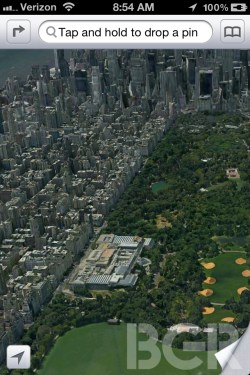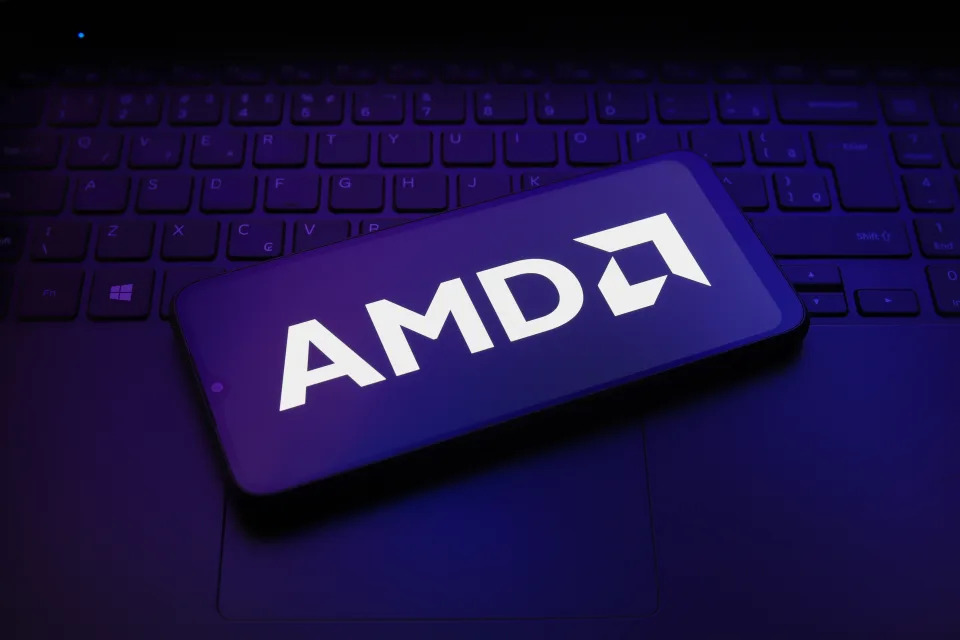James Howells, an IT engineer based in Newport, Wales, is engaged in a high-stakes legal battle to retrieve a hard drive containing private keys to 8,000 Bitcoin — valued at approximately $773 million. The incident occurred when the drive was mistakenly disposed of in a landfill, and it holds 2009-era Bitcoin (BTC), which represents a fortune tied to the early days of cryptocurrency.
The hard drive is currently inaccessible due to an environmental permit issued by Newport City Council, preventing access to the site. Despite this obstacle, Howells maintains his resolve to recover the lost assets, emphasizing that the legal proceedings are supported by a world-class legal team and advanced artificial intelligence technology specialized in UK law.
The Legal Landscape
In 2013, the estimated $773 million held by Howells was deemed ineligible for compensation due to tax implications, though this decision did not deter his optimistic outlook. He remains committed to addressing stakeholders while exploring potential reinvestment in blockchain projects if and when access to the hard drive is restored.
Legal Team Structure
Howells has assembled a formidable legal team comprising a King’s Counsel (KC), senior Barristers, and a dedicated support team of solicitors and paralegals. Their objective is to advocate for his case while ensuring compliance with both legal and environmental regulations concerning access to the landfill site.
To enhance their argument, Howells has leveraged advanced AI technology to identify relevant legal precedents, such as the 1996 UK case Target Holdings Ltd v Redferns. This case established that equitable compensation could be awarded for breaches of constructive trust where returning the original property was not feasible. Howells explained, "The court ruled that ‘equitable compensation’ could be awarded for a breach of constructive trust where returning the original property was not possible."
Post-Recovery Plans
Should access to the hard drive be granted by the Council in accordance with environmental regulations, Howells plans to secure the Bitcoin holdings and compensate stakeholders. This includes fulfilling any commitments he has made to the local community, such as pledging support or participating in initiatives that benefit the area.
Views on Cryptocurrencies
Howells harbors a strong opinion of Bitcoin’s value as "digital gold" and Bitcoin Cash (BCH) as "digital cash for spending." However, his skepticism extends to other cryptocurrencies, particularly those with less established viability, such as Ether, ETHand SolanaSOL. He contemplates the potential use of the 8,000 coins stored in his HDD wallet as a secure asset or ‘vault’ for future ventures.
Legal Challenges
The legal battle has encountered significant obstacles. Howells previously attempted negotiations with Newport City Council but faced rejections to search for the hard drive and to meet with council leaders in person. The Council issued a statement on October 11, noting that multiple inquiries had been denied due to the environmental impact ofexcavation under the permit.
Despite this adversity, Howells claims the Council has allegedly breached environmental regulations by allowing arsenic, asbestos, ammonium nitrate, and methane gases to seep into the local environment. This assertion is supported by 100 independently verified pieces of evidence.
The Fight Continues
Howells’ legal journey remains uncertain, as the permit’s approval hinges on whether the Council can demonstrate that access to the hard drive will not cause unacceptable environmental harm. Should access be granted, Howells is prepared to take his Bitcoin into court, ensuring its preservation while addressing any stakeholders who may have been affected.
Conclusion
James Howells’ determination to recover his Bitcoin underscores a broader debate about property rights in the digital age. His legal battle not only tests the limits of jurisdictional authority but also raises questions about the responsibility and accountability of those who mishandle valuable assets, even in the context of emerging technologies like blockchain.
As Howells persists in his quest for justice, it becomes clear that this case is more than just a legal matter — it is a testament to the enduring struggle for fairness and accountability in an ever-evolving landscape.












